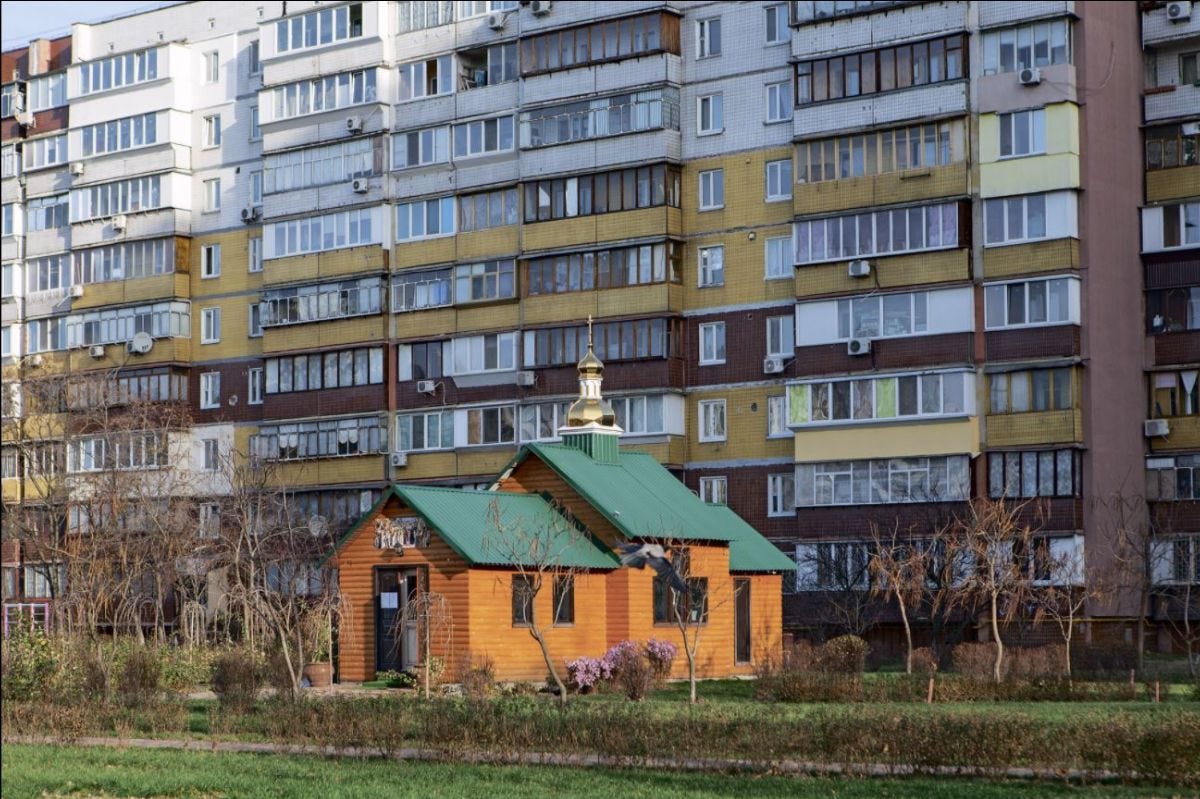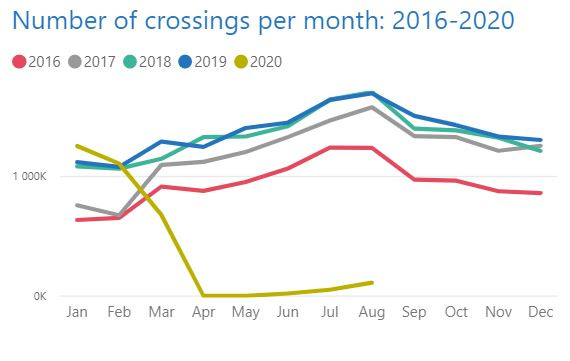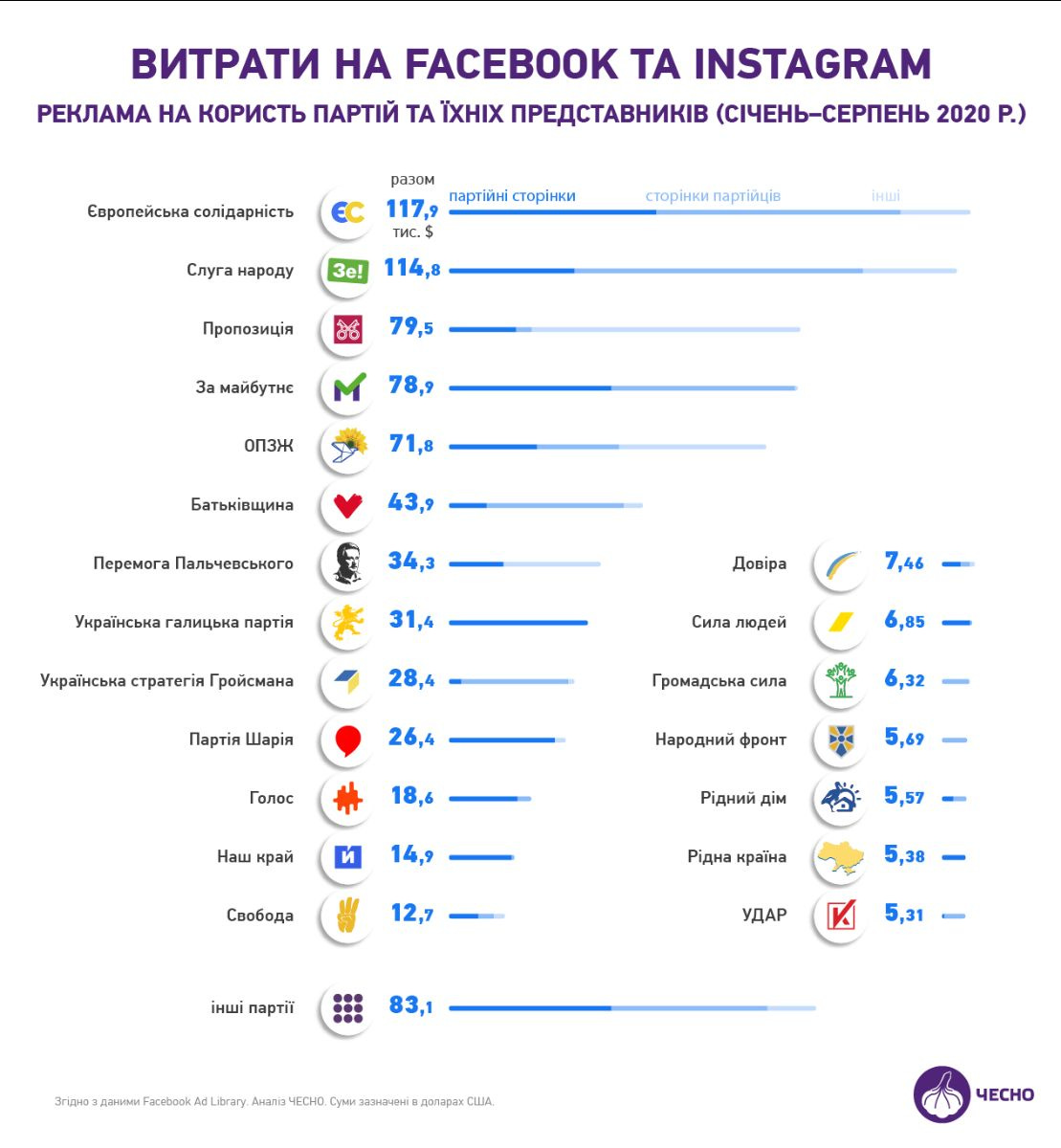FinCEN Files Reveal Ukrainian Oligarchs’ Dealings in the U.S

Greetings! In today’s brief, we’ll explore the Ukrainian trail in the FinCEN Files, discuss how the government is trying to involve the regions in quarantine decisions, and explain the latest hurdles in Ukraine’s anticorruption drive.
— Fabrice Deprez
FinCEN Files
Maybe the biggest event this week that that (partly) involved Ukraine was the release of the “FinCEN Files” investigation, in which Buzzfeed News and the International Consortium of Investigative Journalists dug through more than 200,000 suspicious activity reports (SARs) that banks are required to file when they process transactions they believe could be dubious. The investigation revealed that “global banks moved more than $2 trillion between 1999 and 2017 in payments they believed were suspicious.”
So where’s Ukraine in all this?
One report found that Barclays Bank “moved money for a Ukrainian oligarch [Rinat Akhmetov] even as the bank's internal watchdogs in New York cited concerns that the funds "could possibly contain illicit proceeds”" (ICIJ). The bank did end up terminating its relationship with Akhmetov’s companies in 2015, but moved nearly $2 billion of the oligarch’s money since 2009.
But one of the investigation's most interesting findings is the revelation that Deutsche Bank moved at least $490 million between 2007 and 2013 from companies linked to Ukrainian oligarch Ihor Kolomoisky and his business partner Hennady Boholyubov to the tax haven of Delaware. The U.S isn’t just where Kolomoisky looked to store the money: it was then used to buy properties and factories in the country, leaving “a trail of empty, boarded-up buildings, unpaid property taxes [...] and at least four steel mills that filed for bankruptcy” (ICIJ).
The business dealings of Ukrainian oligarchs in the U.S is one of the lesser-known aspects of their activities, from Kolomoisky and Boholyubov becoming the "largest real estate owners in Downtown Cleveland" (Cleveland Scene) to Rinat Akhmetov controlling four coal mining operations in the U.S (which received loans meant to help small businesses during the pandemic despite estimated revenues exceeding $1 billion last year).
Some of these dealings did attract attention recently: in early August, the U.S. Justice Department filed lawsuits to seize properties owned by Kolomoisky and Boholyubov in Texas and Kentucky, properties the prosecutors say were bought using funds misappropriated from Privat Bank (Reuters).

Fancy some “Orthodox Chic”? In a new book, photographers Oleksandr Burlaka and Alex Bykov as well as artist Sasha Kurmaz explore the bizarre, unexpected and sometimes makeshift architecture of Orthodox churches throughout Ukraine. (Source: Calvert Journal)
Coronavirus
Ukraine’s Health minister announced last week that quarantine measures in “red zone” areas would be decided by both the State commission on technical and ecological safety, and the regional branch of the same commission (TSN).
As the epidemiological situation keeps worsening in Ukraine, the government is shifting part of the decision-making process to the regions in what seems to be a reaction to the various cases of local authorities refusing to implement stringent quarantine measures. Whether to close schools, transport and public spaces is now not on the government alone, and quarantine restrictions now differ in the various “red zone” areas (Fokus).
The government is also markedly reducing the numbers of areas included in the “red zone” — starting next Monday, only Ternopil and one district in the Ternopil region will be in the “red zone”, down from five cities and nine districts previously in this category (Gordon).
Here’s the latest on the epidemic in Ukraine:
Ukraine reported on Thursday 3,565 new cases of coronavirus. Daily new infections are now consistently above the 3,000 cases mark (except during the weekend).
Ukraine “isn’t experiencing a second wave, the first wave simply never stopped,” biophysicist Semen Esilevskiy tells Ukrainian outlet NV. Esilevskiy fears the collapse of Ukraine’s healthcare system in the coming weeks.
Two patients reportedly treated for COVID-19 symptoms in a Kyiv hospital committed suicide this week by jumping from a window (NV). Kharkiv mayor Hennady Kernes will be candidate to his succession in the October 25 local elections despite being infected with coronavirus and currently treated in Germany (RBC UA).
In separatist-controlled Donbass, the Russia-backed Luhansk People’s Republic banned on Wednesday all public events involving more than 50 people (Novosti Donbassa).

Snapshot: Civilians crossed the contact line between government-controlled and separatist-controlled Donbass 80,683 times in August, the United Nations Refugee Agency reported this week. While the figure represents a substantial increase from an all-time low of 102 crossings in April, restrictions linked to the coronavirus pandemic are still hampering movement.
IMF / Anticorruption
During a visit to Ukraine this week, the European Commission’s Vice president Josep Borrell declared that the disbursement of a €1,2 billion aid package would depend on “Ukraine’s constructive cooperation with the IMF” and its ability to fulfill “all requirements linked to strengthening the rule of law in Ukraine” (Gordon).
And speaking of cooperation with the IMF, the Central Bank’s deputy governor Dmitry Sologub said two days later that trust with the IMF would have to be rebuilt “from scratch,” something he said could take up to 9 months (Interfax Ukraine). The second tranche of the $5 billion aid package approved in June would already have been disbursed “if not for the events at the Central Bank,” Sologub added in reference to the dismissal of the Bank’s governor in July.
Whether the Central Bank is still independent is question number one for the IMF. Question number two revolves around the threats on the independence of the National Anticorruption Bureau of Ukraine (NABU), .
Question number three surrounds the fate of the Specialized Anticorruption Prosecutor’s Office, or SAPO. This month, the Rada repeatedly tried to vote on the composition of the commission that will organize the open competition to fill the SAPO’s top positions. It succeeded on the third try last week, but the results horrified anticorruption organizations as well as the EU, who pointed out the lack of experience and oligarchic ties of several MPs chosen to join the commission (Liga).
So yes, things are not looking too great on the anti-corruption front. It's not all bad news however, with a glimmer of light coming from the first year of Ukraine’s High Anti-Corruption Court, The Economist writes in a story published this week. “There is no question about the professionalism of this court,” according to Transparency International Ukraine's Andrii Borovyk

Title: Advertisement spending of Ukrainian political parties between January and August 2020 (in thousands of dollars)
Source: Chesno
Quick Fire
Politics
Ukrainian oligarch Rinat Akhmetov is financing Zelensky’s “Servant of the People” party to the tune of $2 million a month, one “major businessman” told Ukrainska Pravda. The president’s office denied (NV).
International
Ukraine doesn’t recognize Alexander Lukashenko as Belarus’ legitimate president, Foreign minister Dmytro Kuleba announced on Wednesday (Twitter).
Polls
Servant of the People’s ratings fell more than 11% since April, according to a new survey released by the Kyiv International Institute of Sociology. 21,5% of decided voters are ready to vote for the party, down from 32,6% in April. Petro Poroshenko’s “European Solidarity” party is the second most popular (17,8% of decided voters, 15,2% in April), followed by the “Opposition Platform - For Life” party (16,3%, 15,8% in April).
Donbass
Volodymyr Zelensky said on Thursday he did not know when the next summit of the Normandy 4 countries would be held (Ukrainska Pravda).
Others
“Atlantis,” a movie set in 2025 following Ukraine’s final victory in the Donbass conflict, will represent Ukraine at the 93rd Oscars (Interfax Ukraine). The Academy will announce the short list of movies nominated for the ceremony in March.



